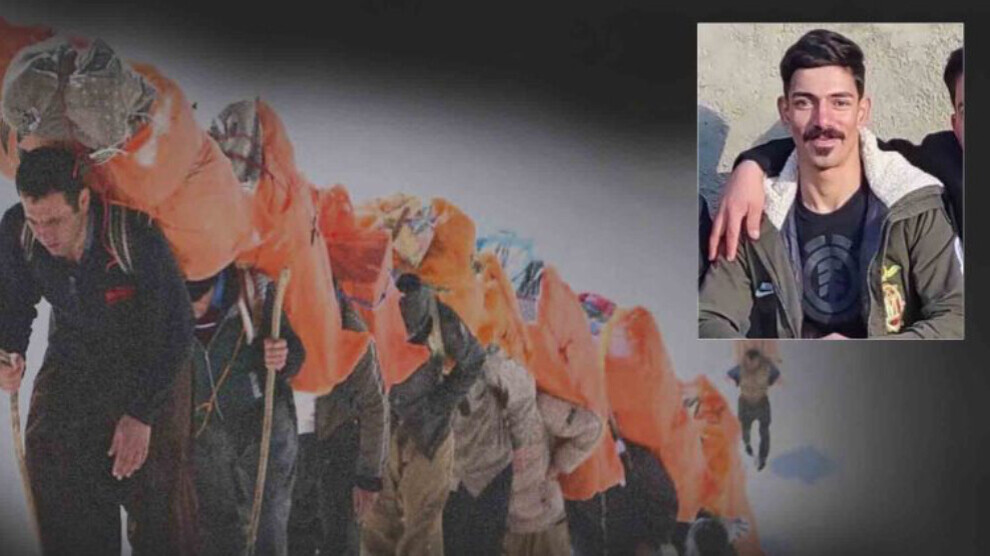Another kolbar killed by Iranian forces
Apart from systematic attacks directed against them, kolbars are struggling to make a living under harsh weather conditions, dangerous geographical locations and mines.
Apart from systematic attacks directed against them, kolbars are struggling to make a living under harsh weather conditions, dangerous geographical locations and mines.

Iranian border guards opened fire on a group of kolbars in the Hangeh-ye Zhal border area of Baneh, Kurdistan Province, on 15 November, reported the Kurdistan Human Rights Network (KHRN).
According to the report, the attack claimed the life of kolbar Jalal Heidarian, a 28-year-old civilian from the village of Qachian in Divandarreh, Kurdistan Province.
Similarly, on 14 November, another group of kolbars were targeted by border guards’ gunfire in the same region, killing Yadegar Rahimi and injuring another kolbar.
Kolbars and kasibkars are targeted systematically by Iranian and Turkish security forces. Each year, dozens of them are killed with no punitive measures being taken. Apart from systematic attacks, kolbars are struggling to make a living under harsh weather conditions, dangerous geographical locations and mines.
Kolber or “kolbar” is derived from the Kurdish words “kol” and “bar”. Kol means “back”, bar means “load”. Kolbars make their living by carrying goods on their backs across dangerous borders. The goods they carry include cigarettes, mobile phones, blankets, household items, tea and rarely alcoholic beverages. They have to pass through dangerous roads between South Kurdistan and East Kurdistan. The goods brought are sold at relatively high prices in commercial centres such as Tehran. However, kolbars who carry out the transportation of goods at the expense of their lives receive a very small amount of wages.
Kasibkar refers to those people who receive the goods kolbars carry to South Kurdistan and find buyers in towns.